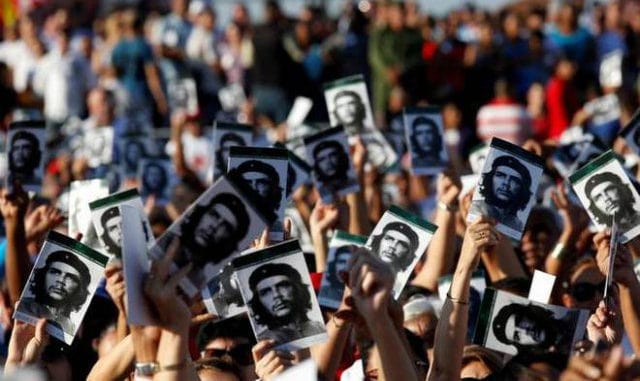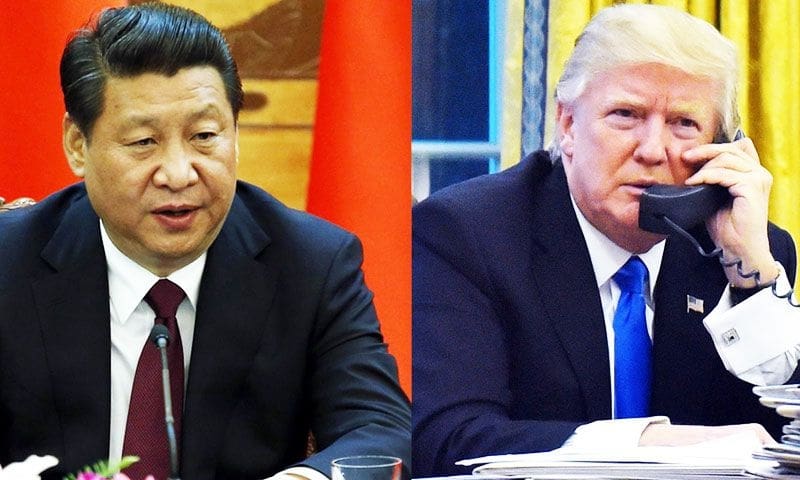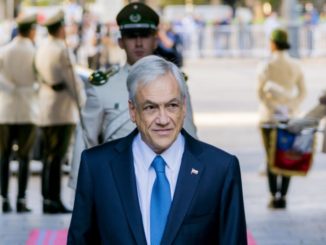
HAVANA – Today marks the 50th anniversary of Guevara’s death – an event that Bolivia’s left wing president, Evo Morales, will commemorate with a several state events including a ‘Relaunching of the Anti-Imperialist Struggle’.
Several thousand people have attended a ceremony in the Cuban city of Santa Clara to remember the revolutionary icon Ernesto “Che” Guevara, 50 years after his capture and death. Among crowds at his statue and mausoleum was his old friend, Cuban President Raúl Castro.

Many more watched at home on state TV as President Castro laid a white rose on Guevara’s tomb.
Bolivia launches magazine to honor Che Guevara on 50th anniversary
On October 9, 1967 Ernesto ‘Ch’ Guevara – the Argentina-born revolutionary was brutally murdered in the Bolivian village of La Higuera 40 miles north east of La Paz. His body was buried in a secret location due to the state’s fears of a backlash. However, in 1997, his remains were discovered, exhumed and returned to Cuba, where he was reburied.

Che had played a crucial role to defeat the regime of the US-backed brutal military dictator, Fulgencio Batista during the armed struggle that culminated in the Cuban revolution of 1959. Che along with Fidel Castro was the main leader of the revolution.
His revolutionary struggle spanned continents and he fought hand in hand with the indigenous revolutionaries in regions as far flung as Angola in Africa. He detested the ‘fruits of power’ even after Cuba’s revolution where he held top posts in the new government.
In November 1966, Che traveled from Cuba to Bolivia clandestinely with his 47 comrades to join the Bolivians rebels fighting against imperialist sponsored regime of René Barrientos Ortuño. The US imperialists took revenge of their Cuban defeat and their fostered Bolivian army captured Guevara and his comrades on October 8. Che was executed the next day.

For five decades his name has adorned every corner of Cuba, from banknotes to billboards, his image one of the most recognizable in Latin America.
His supporters see him as an example of commitment and self-sacrifice, his critics see a man they consider brutal and cruel.
But whether he’s considered a fearless hero or a bloodthirsty radical, one thing is sure – he was part of a generation that is coming to the end of its time in Cuba.

Fidel Castro died last year and most of Guevara’s comrades who turned out for this event are in their 80s.
President Raúl Castro is due to stand down next year, a moment that will see someone other than a member of the Castro family at the helm in Cuba for the first time in almost 60 years.



